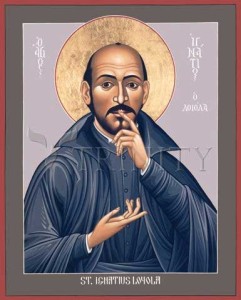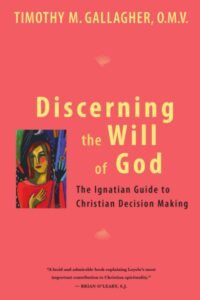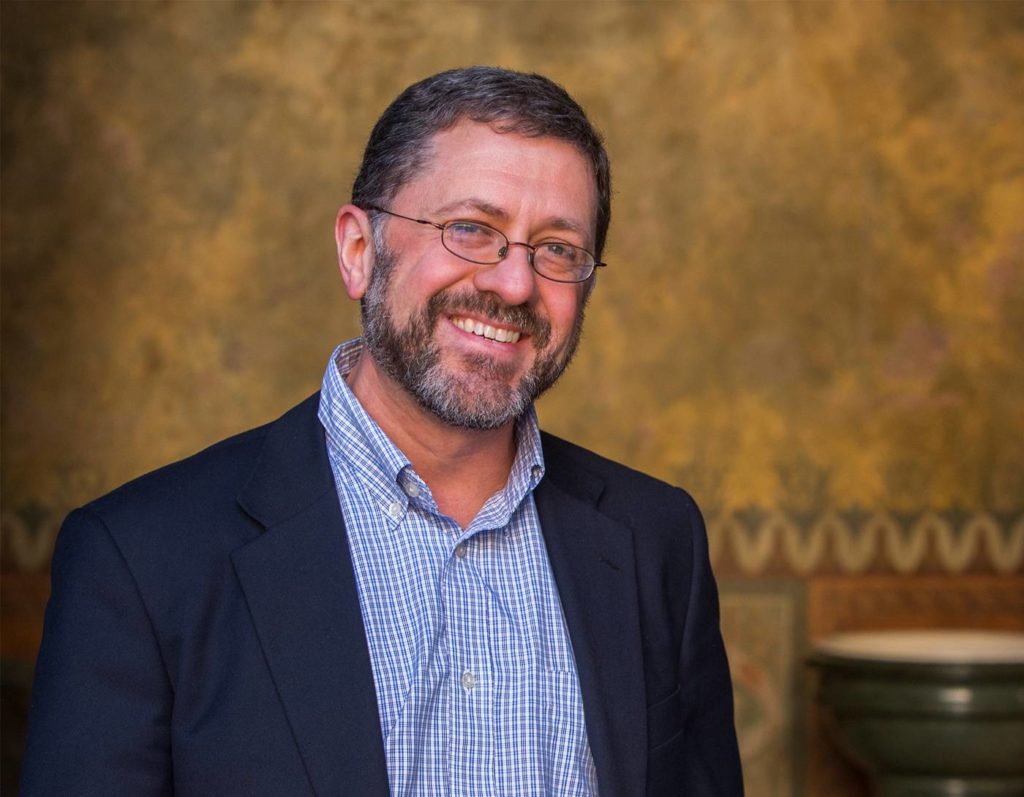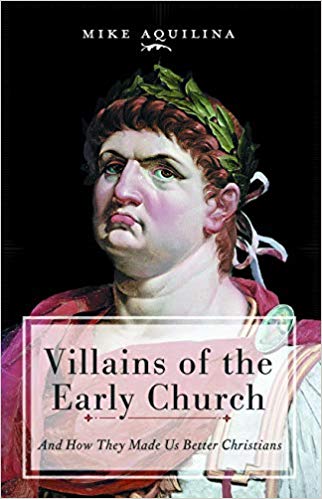Podcast: Play in new window | Download (Duration: 33:25 — 23.0MB) | Embed
Subscribe: Apple Podcasts | Spotify | Amazon Music | Android | Pandora | iHeartRadio | JioSaavn | Podchaser | Gaana | Podcast Index | Email | TuneIn | Deezer | Anghami | RSS | More

The Internal World and External Presence of God – The Way of Mystery with Deacon James Keating
Deacon James Keating explains that experiencing God’s love begins with grace. God reaches the heart through intellect and affection, but many miss these moments because they are distracted or constantly driven by ego. Silence allows us to perceive God’s presence—whether through beauty, acts of kindness, or gratitude. Asking God directly for the gift of knowing His love, being attentive to the movements of the heart, and recognizing that this union often begins in moments of consoling prayer. Such prayer is not confined to formal worship; it can arise unexpectedly, even outside the church. The Eucharist prepares us to make a space for God rather than forcing His action. Faith—not sensation—is at the core of sacramental life, and remaining faithful in the absence of feelings still brings genuine closeness to God.
Authentic spiritual union deepens when conscience is followed, even when it causes suffering. Acting on truth at personal cost draws us into Christ’s own obedience and sacrifice. This suffering is not a sign of abandonment but a participation in the Paschal mystery, where union with Christ matters more than comfort. Saints such as St. Bernadette, St. Edith Stein, and St. Maximilian Kolbe willingly faced hardship because intimacy with Christ outweighed fear. Daily moral decisions—large or small—are sustained not by human strength but by Christ’s presence received through prayer and the Eucharist. In these ways—consoling prayer, sacramental life, fidelity to conscience, and union in suffering—the soul begins to taste heaven on earth.
Discerning Hearts Reflection Questions
- When was the last time I slowed down to notice God reaching out to me through beauty, kindness, or gratitude?
- How do I make space for silence in my daily life so that God can communicate His presence to my heart?
- Do I pray not only to believe in God’s love, but also to truly know and experience it?
- How do I approach the Eucharist—as a demand for spiritual sensation or as an act of faith and readiness?
- Have I noticed moments of consolation in prayer outside formal worship, and how did I respond to them?
- When my conscience reveals a difficult truth, do I trust Christ enough to follow it even when suffering is involved?
- In what areas of life do I cling to comfort or ego instead of surrendering to God’s invitation to deeper union?
- How does my experience of sacramental life shape my willingness to put others first in small, everyday sacrifices?
- What fears keep me from seeking Christ’s will, and how can I bring those fears into prayer?
- Where have I seen God sustain me through a painful decision, and how did that deepen my relationship with Him?
Deacon James Keating, Ph.D., is a professor of Spiritual Theology and serves as a spiritual director at Kenrick Glennon Seminary in St. Louis, MO.


 Discerning Hearts Reflection Questions:
Discerning Hearts Reflection Questions:

 Episode 5 – Nero – Villains of the Early Church with Mike Aquilina
Episode 5 – Nero – Villains of the Early Church with Mike Aquilina
